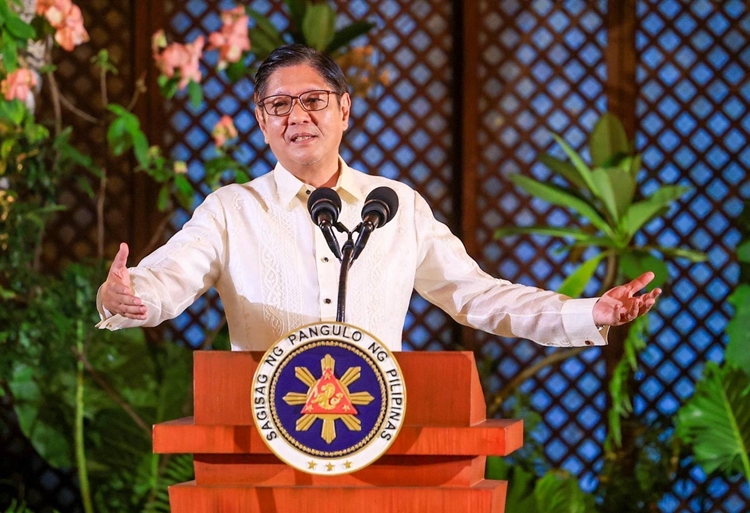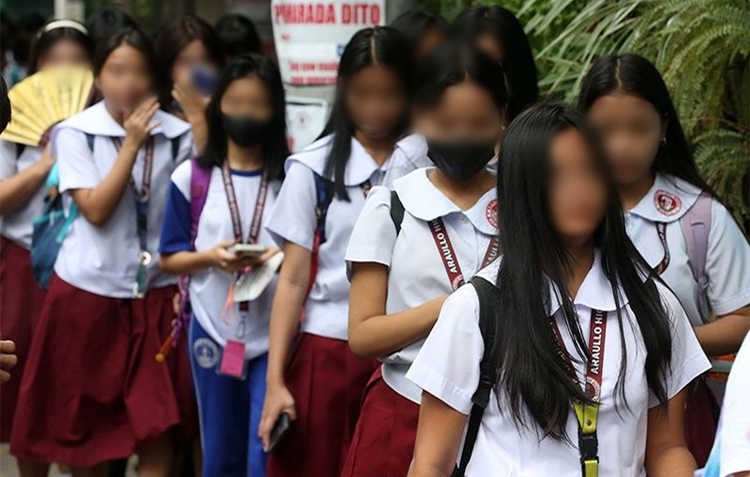President Marcos Questions the Impact of the K-12 Program
PBBM on K–12 – President Ferdinand “Bongbong” Marcos Jr. expressed his disappointment with the K-12 education program, saying it has not provided students with the job-related benefits it promised when it was first introduced.
In a media interview on June 18, 2025, President Marcos shared that he remains frustrated with how the system has turned out. He explained that the two additional years added to basic education have increased expenses for families—including tuition, books, and supplies—without making it easier for students to find employment.
He emphasized that many parents are spending more, yet their children are not gaining better chances of being hired. He admitted that this frustration is not only his but is shared by many others. Because of this, he said he is waiting to see how Congress will respond to the issue.

Although some groups are calling for the removal of the K–12 system, Marcos said that while the program remains in place, he has already spoken with the new Education Secretary, Sonny Angara, about making significant improvements. One of the biggest challenges, he noted, is the job mismatch—graduates often have skills that don’t match the needs of employers.
To address this, the government is now working closely with the private sector to better understand the kinds of workers and skills businesses truly require. The goal is to ensure that students—especially Senior High School graduates—are better equipped for real-world job opportunities.

The K–12 program was first implemented during the 2012–2013 school year, under the administration of former President Benigno “Noynoy” Aquino III. More than a decade later, many still question whether it has genuinely helped students succeed after graduation. With growing concerns, the conversation around improving or revising the program has once again taken center stage.
